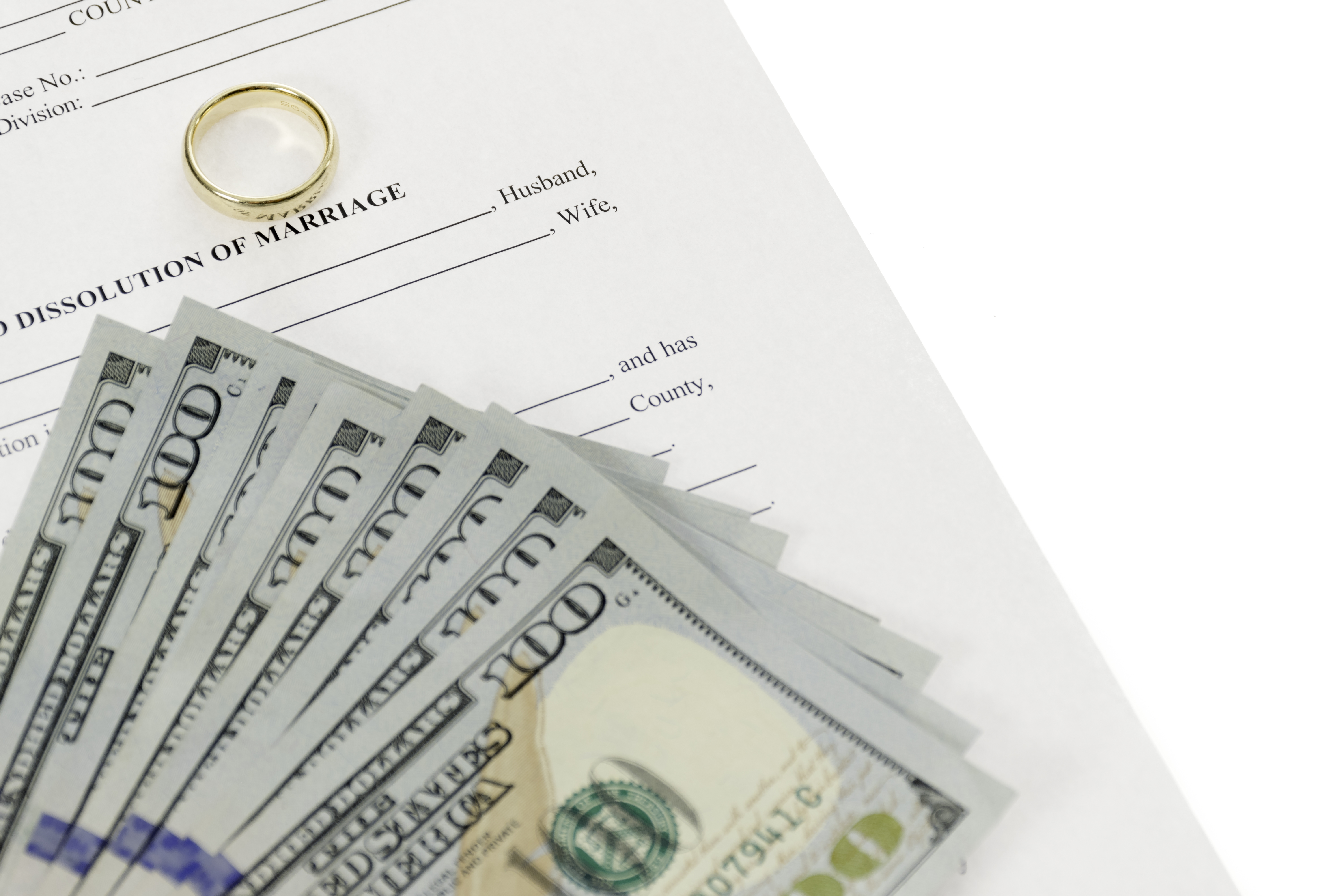What is equitable distribution?

Once couples file for divorce, there are still many decisions that are left to be made. Filing for divorce is the first step in the process. Then couples have to decide on their marital issues. They may do this in court or through divorce mediation. For each process, they will have to go through the division of assets. When couples talk about this in mediation, they may be able to cooperate with one another to reach a final, fair decision. However, when this is not possible, they may have a judge divide their assets in court. This can prove to be beneficial to avoid fighting in mediation and having an unsuccessful process that drags out. The distribution of their assets can include various properties, including their house and cars. Equitable distribution is a concept that courts use when dividing marital assets between spouses that are divorcing. For this process, judge will assess determining factors to divide the assets in a fair and just manner. This does not mean that the assets will be divided equally though. Instead, the judge will assess factors, such as each party’s contribution to the marital property, their health, their age, tax consequences and economic status associated with each party. After considering these factors, the judge will make their decision, which can be vastly different for each individual case that they are given.
What is marital property?
There are two primary classifications of property in any marriage. The first is marital property. Marital property generally includes any assets brought into a marriage or acquired during the marriage, such as homes, retirement plans, and pension plans.
What is considered separate property?
Separate property, on the other hand, includes assets a spouse owned before a marriage that were not agreed upon becoming marital property at the start of a marriage. Some examples of separate property include personal injury payments, gifts from someone other than the spouse, and inheritance.
How will the courts divvy assets in a divorce?
The courts will take several things into consideration when determining who will get what assets. Some of which are as follows:
- The length of your marriage
- Property settlement agreements
- Your marital standard of living
- You and your spouse’s health
- You and your spouse’s age
- Your property, as well as income
- The value of your property
- You and your spouse’s earning potential
- Debts and liabilities
Can I protect my assets?
Fortunately, there are a few things you can do to protect your assets from the litigation process. For example, you may draft a prenuptial agreement with your spouse before you are married. A prenuptial agreement can address several issues, including what will happen with you and your spouse’s property, alimony terms, and more. However, you should know that you are not out of luck if you have not drafted a prenuptial agreement. You may still draft a postnuptial agreement, which essentially works the same as a prenuptial agreement, though it is drafted after marriage. Lastly, if you and your spouse jointly own a business, you may draft a shareholder agreement, which can outline what will happen with your business should you and your spouse get a divorce.
The Pollack Law Firm, P.C. understands that divorce and family law matters can be very complicated and emotional. They require strong legal representation from a compassionate attorney. Robert Pollack is an experienced divorce and family law attorney in Long Island, New York. Contact The Pollack Law Firm, P.C., to set up a free initial consultation.
